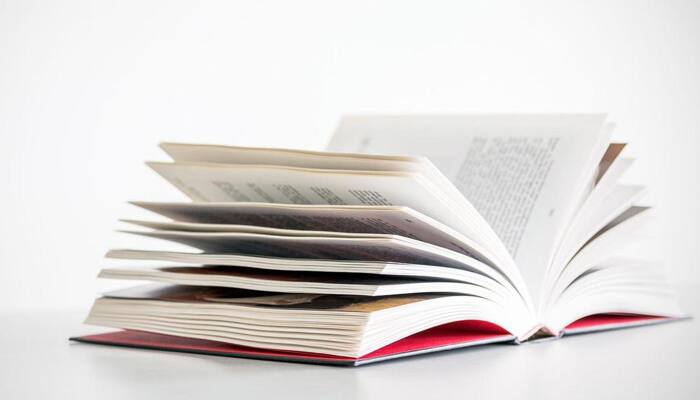Islamabad: In Pakistan, history textbooks are telling students that "traitorous" Hindus are behind the bloodshed that erupted during Independence 70 years ago, when Britisher split undivided-India into two nations.
This rationale is starkly different from what students across the border in India are taught.
The official unwillingness to confront the bitter legacy of Partition -- and the skewed portrayals being peddled in classrooms from New Delhi to Karachi -- is hindering any hope of reconciliation between the arch-rivals, experts say.
August marks 70 years since the subcontinent was divided into two independent states -- Hindu-majority India and Muslim-majority Pakistan -- and millions were uprooted in one of the largest mass migrations in history.
An untold number of people -- some estimates say up two million -- died in the savage violence that followed, as Hindus and Muslims fleeing for their new homelands turned on one another, raping and butchering in genocidal retribution.
The carnage sowed the seeds for the acrimony that prevails today between India and Pakistan, and generations later this defining moment in the subcontinent`s history is still polarised by nationalism and rancour.
In a government-approved grade five history textbook used in schools in Pakistan`s Baluchistan province, Hindus are described as "thugs" who "massacred Muslims, confiscated their property, and forced them to leave India".
"They looked down upon us, that is why we created Pakistan," said 17-year-old Afzal from Pakistan`s Punjab province, reeling off a stock answer from his history textbook.
On the other side of the border, Mumbai schoolboy Triaksh Mitra learned how Mahatma Gandhi fought for a unified India free from British subjugation while the Muslim League -- the political party led by Pakistan`s founder Muhammad Ali Jinnah -- sided with the colonial rulers to carve out their own nation.
"But what they hadn`t really told us was the Muslim side of it," the 15-year-old said of his Partition studies.
The chapters on Gandhi are a striking example of the gap between how Partition is portrayed on either side of the border. In Pakistan, his contribution to the struggle for independence is hardly mentioned, whereas in India he is hailed as an "one-man army".
Qasim Aslam`s "History Project" runs sessions in schools in India and Pakistan, inviting students to compare how Partition accounts are presented in the two countries` textbooks.
"By the time they are 20, it is solidified and stays with them all their lives," Aslam said of the one-sided history lessons proffered in schools.
(Edited by Zee Media Bureau)
















